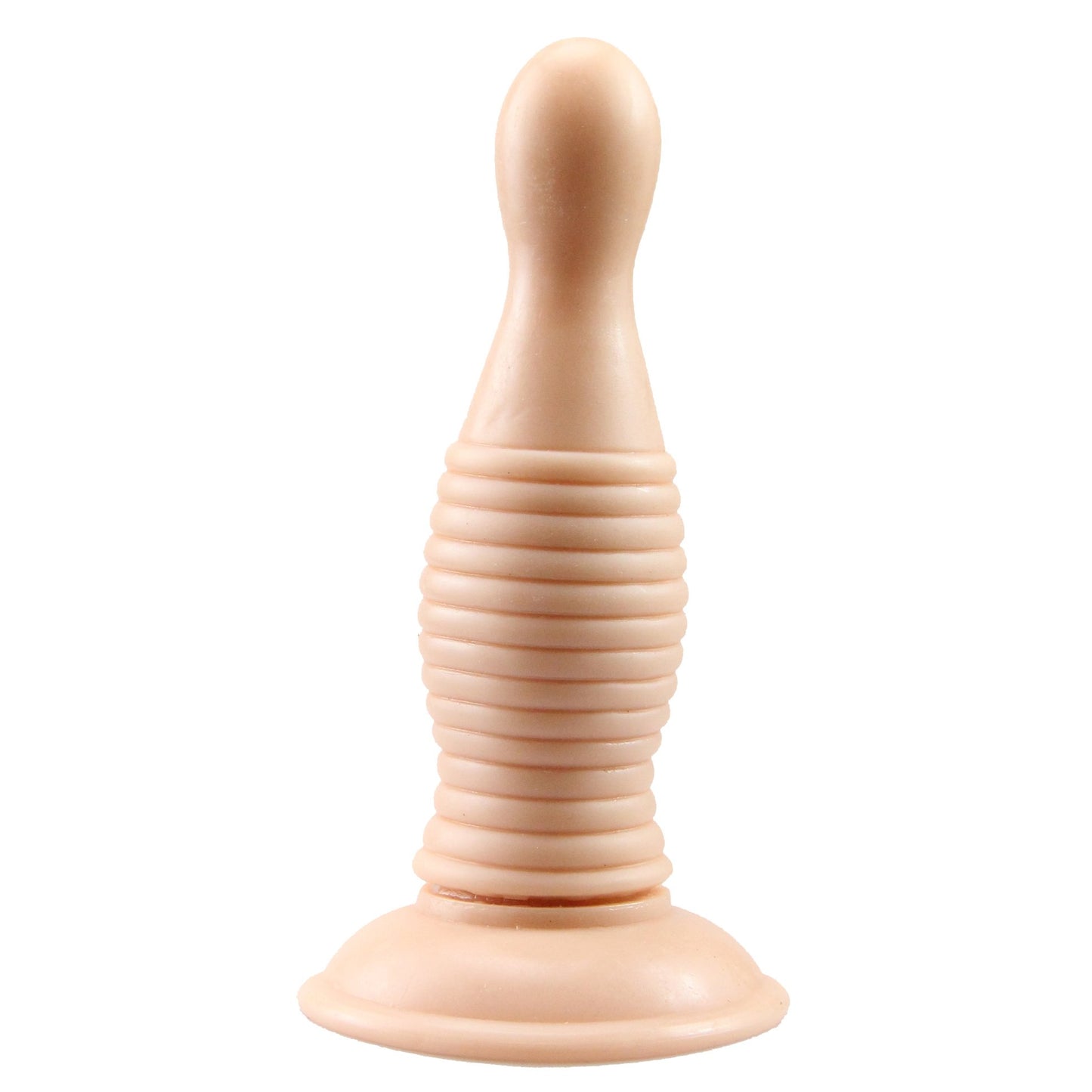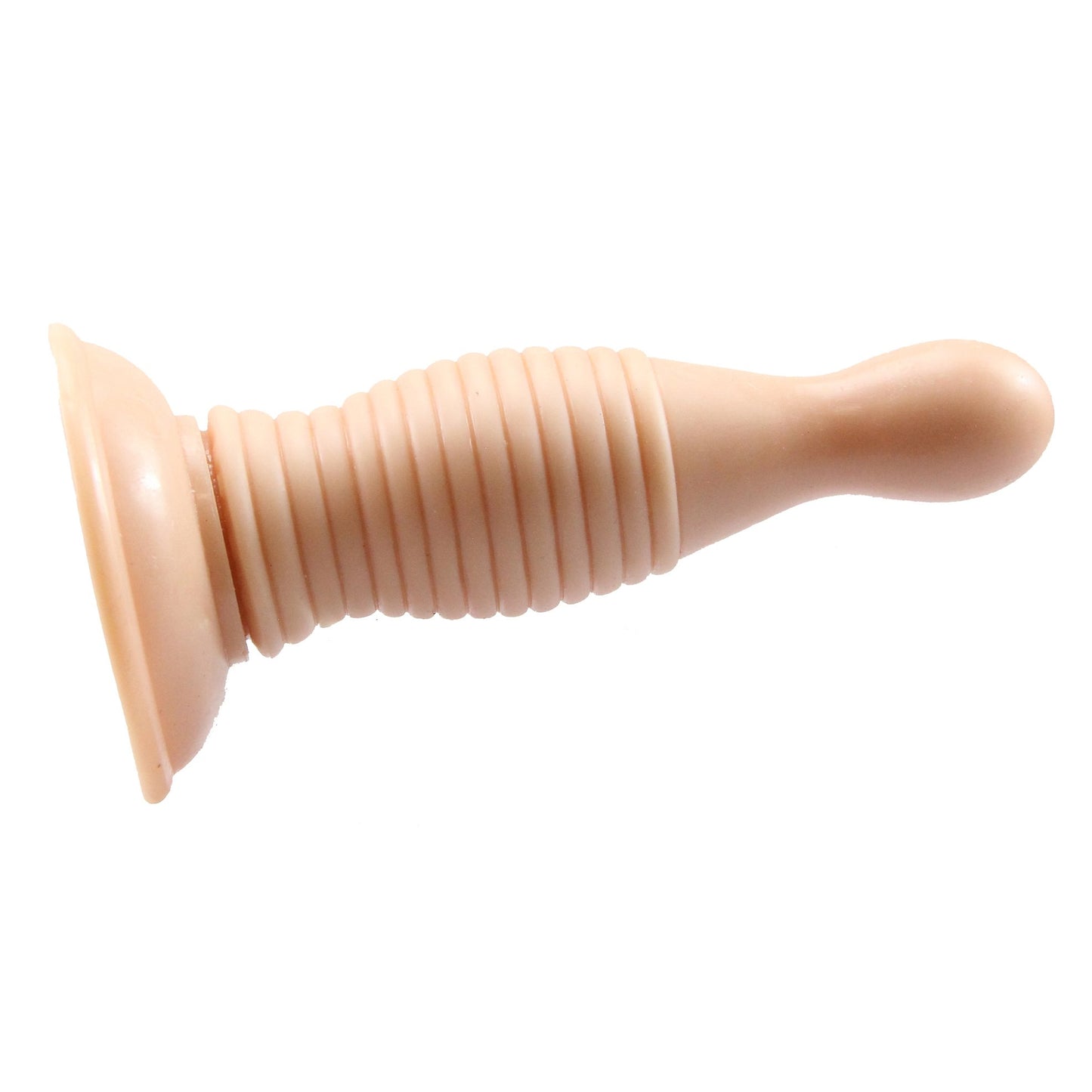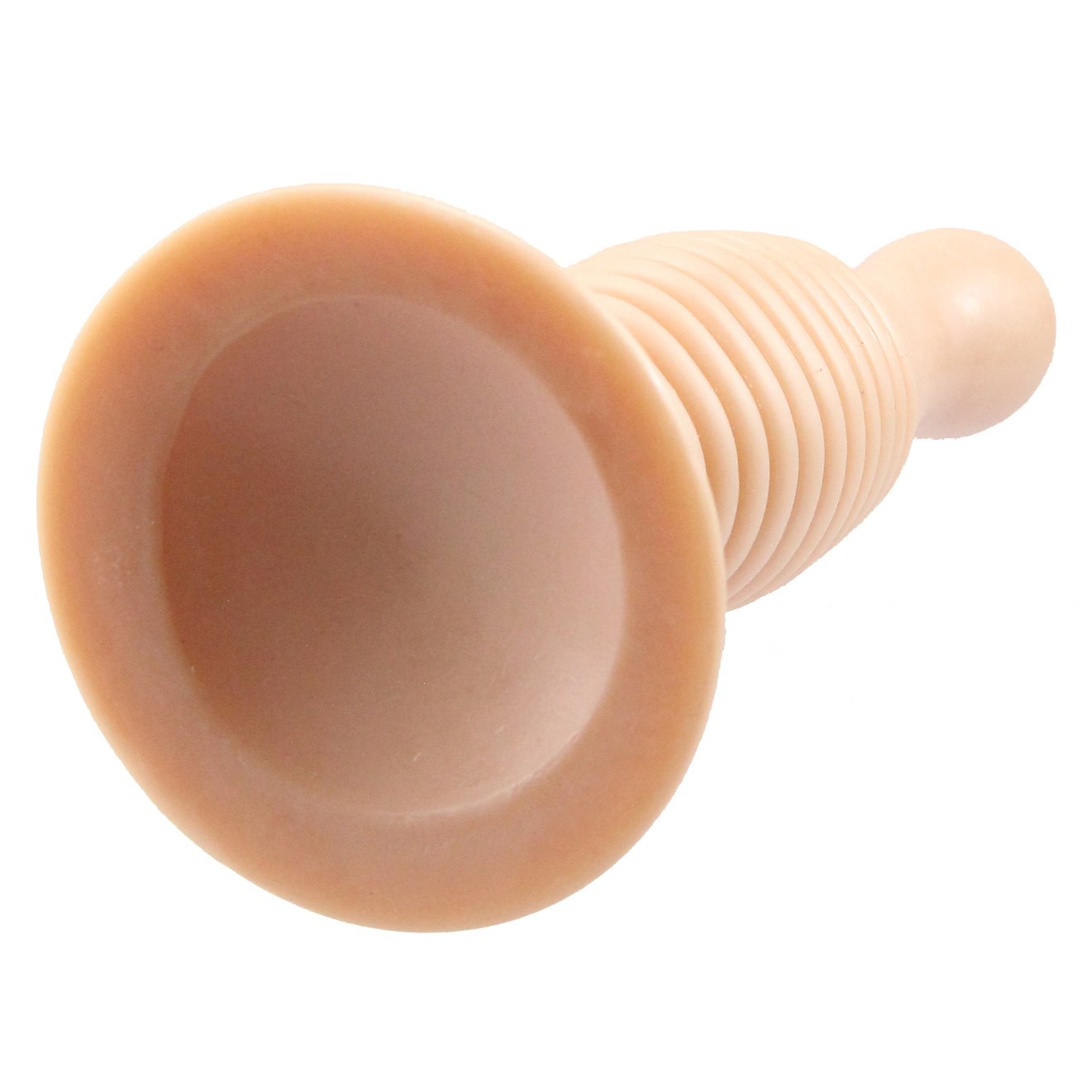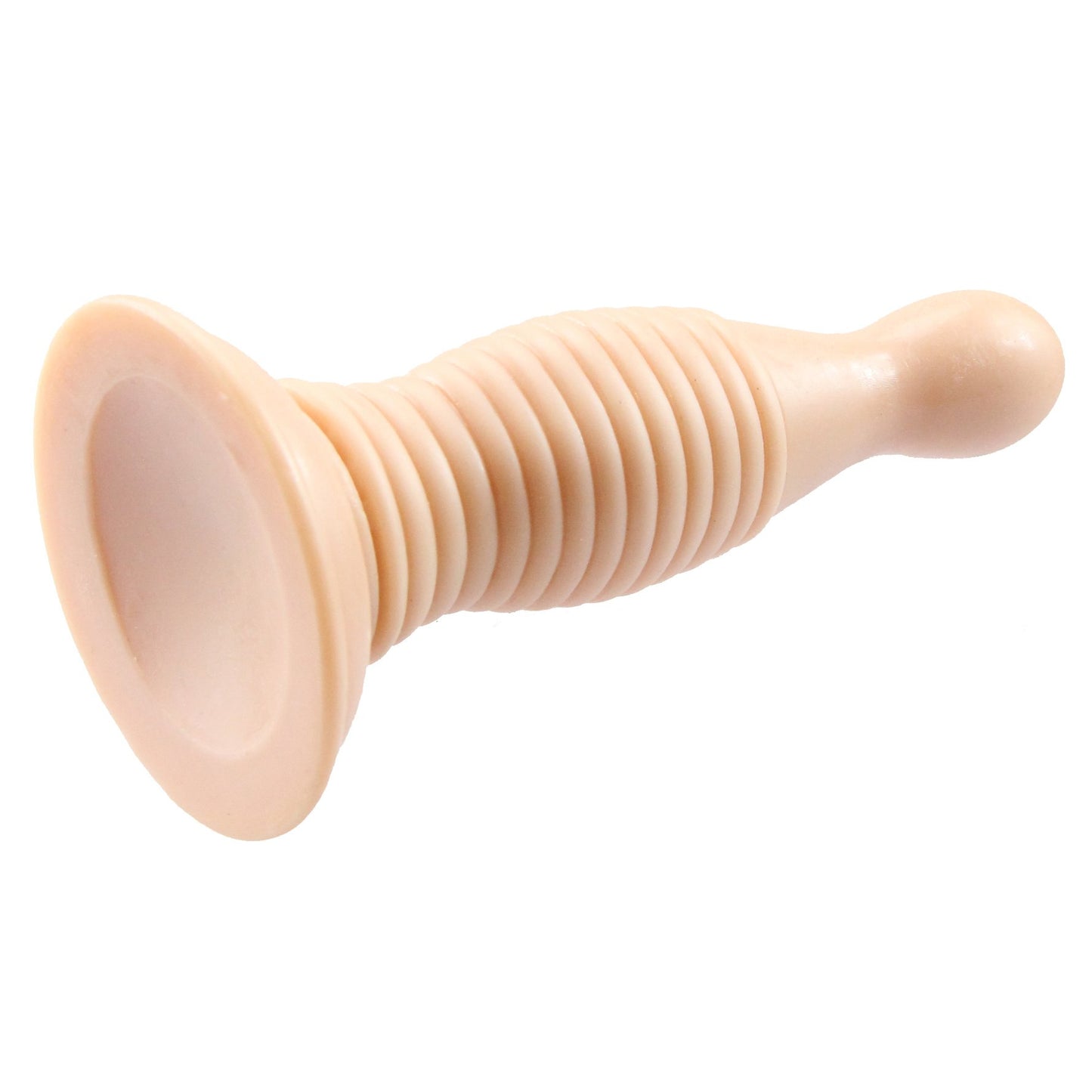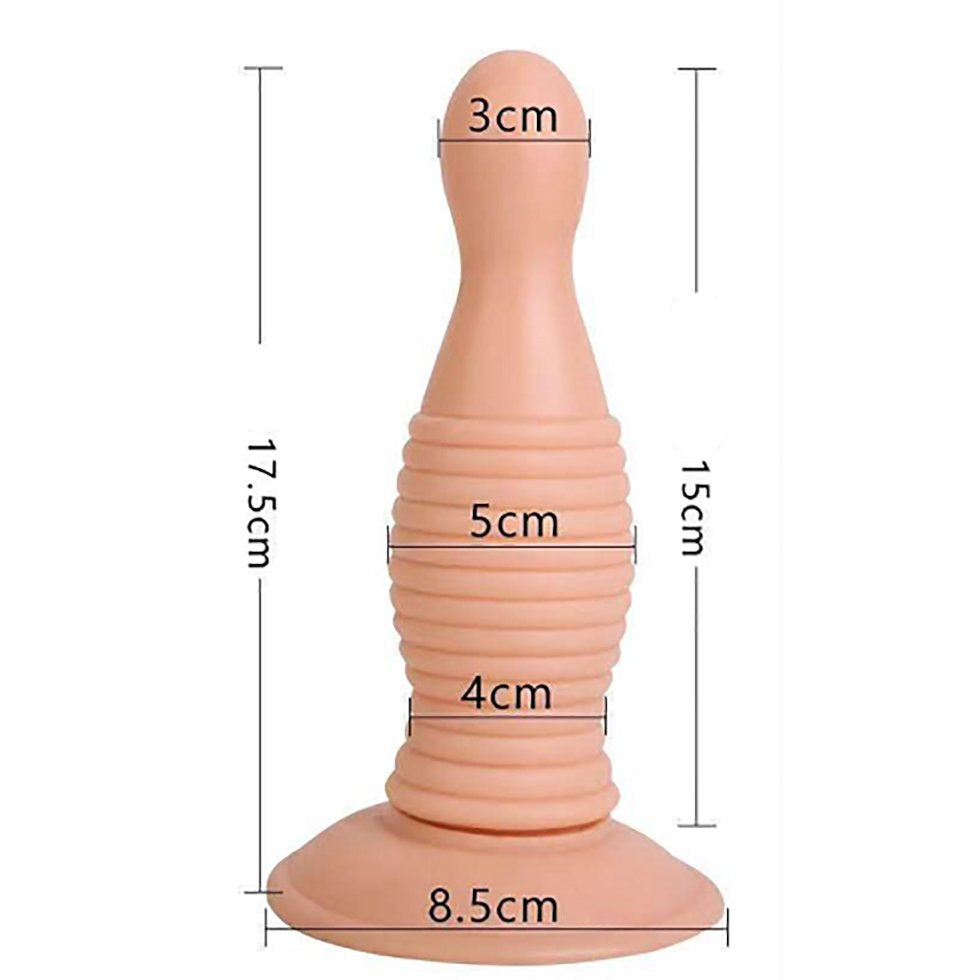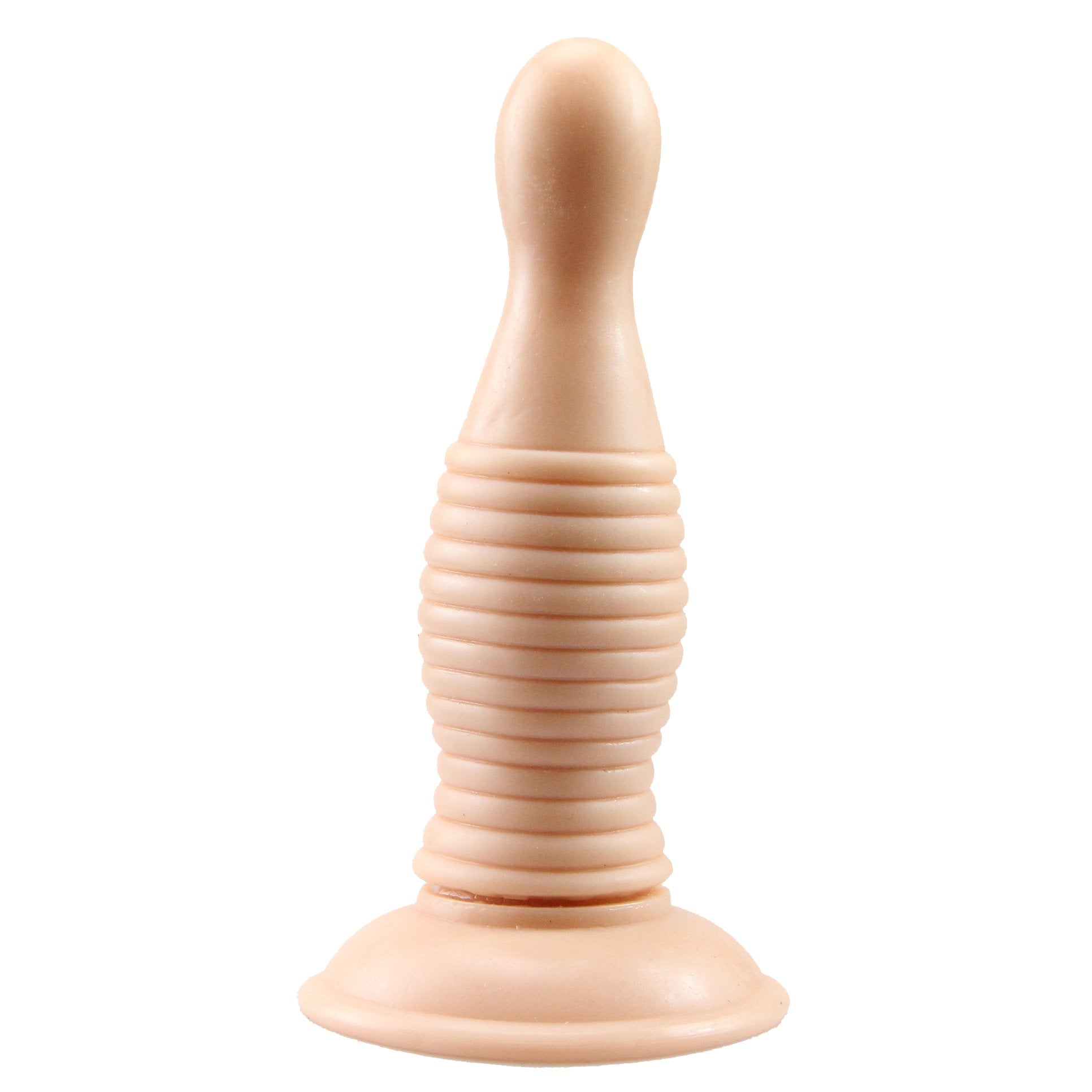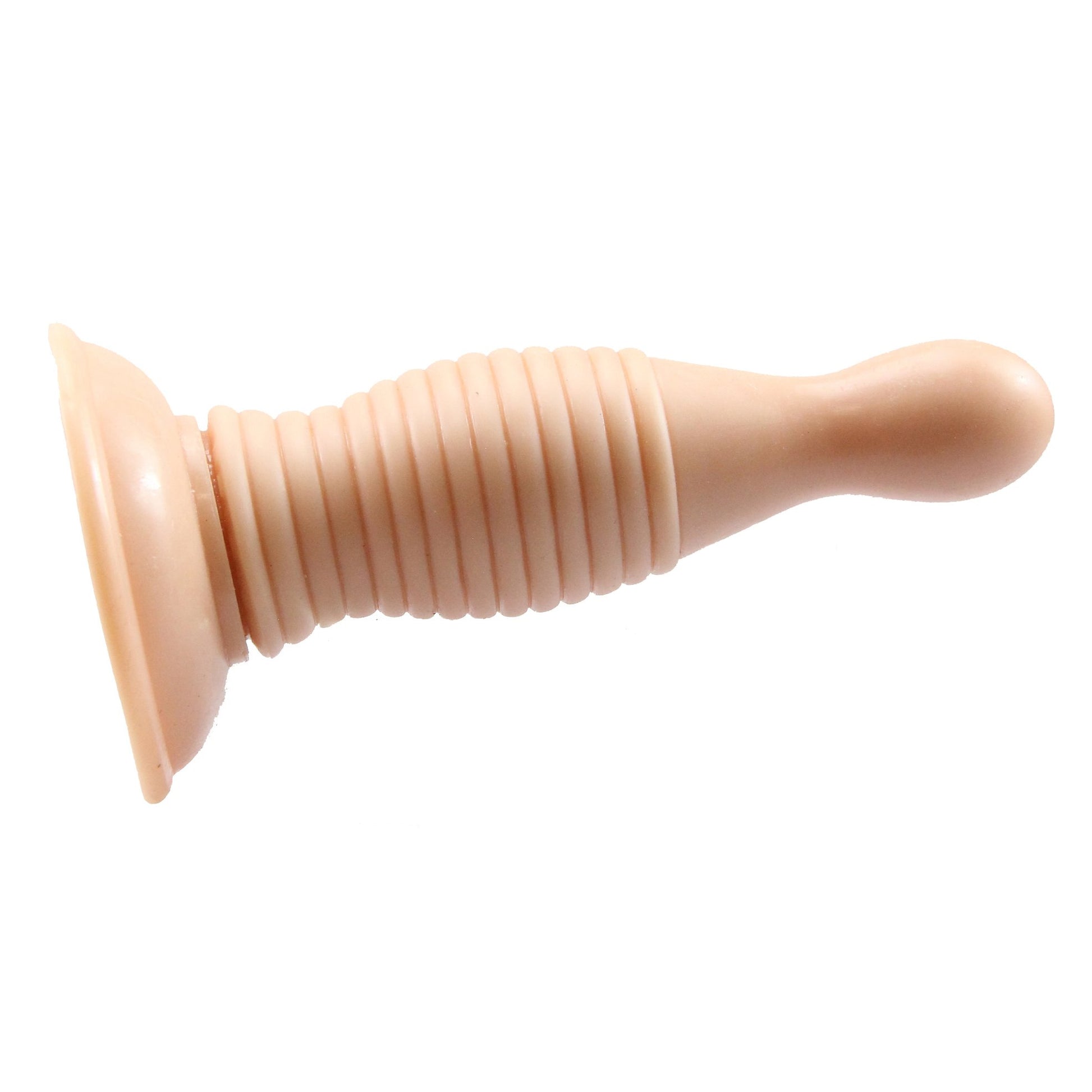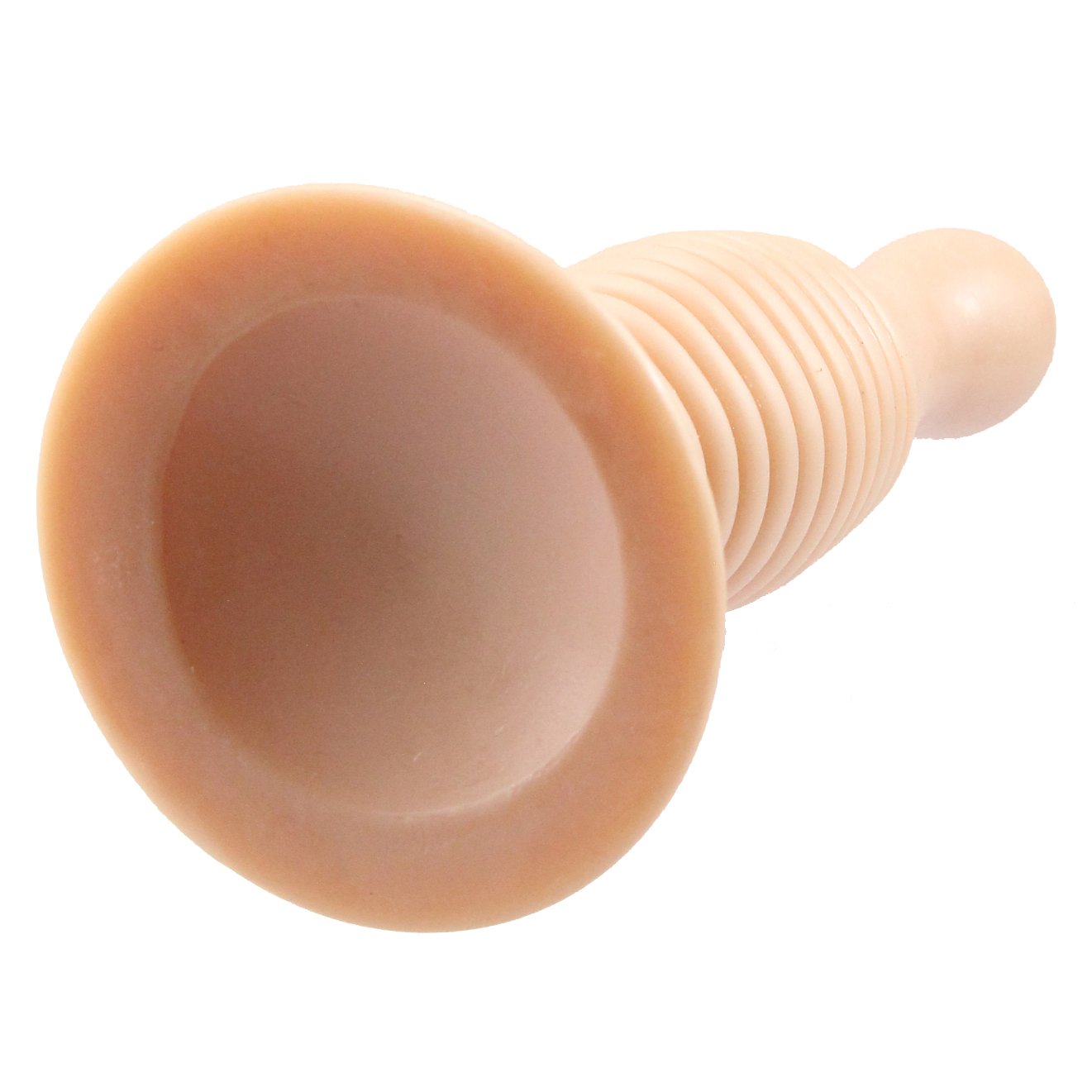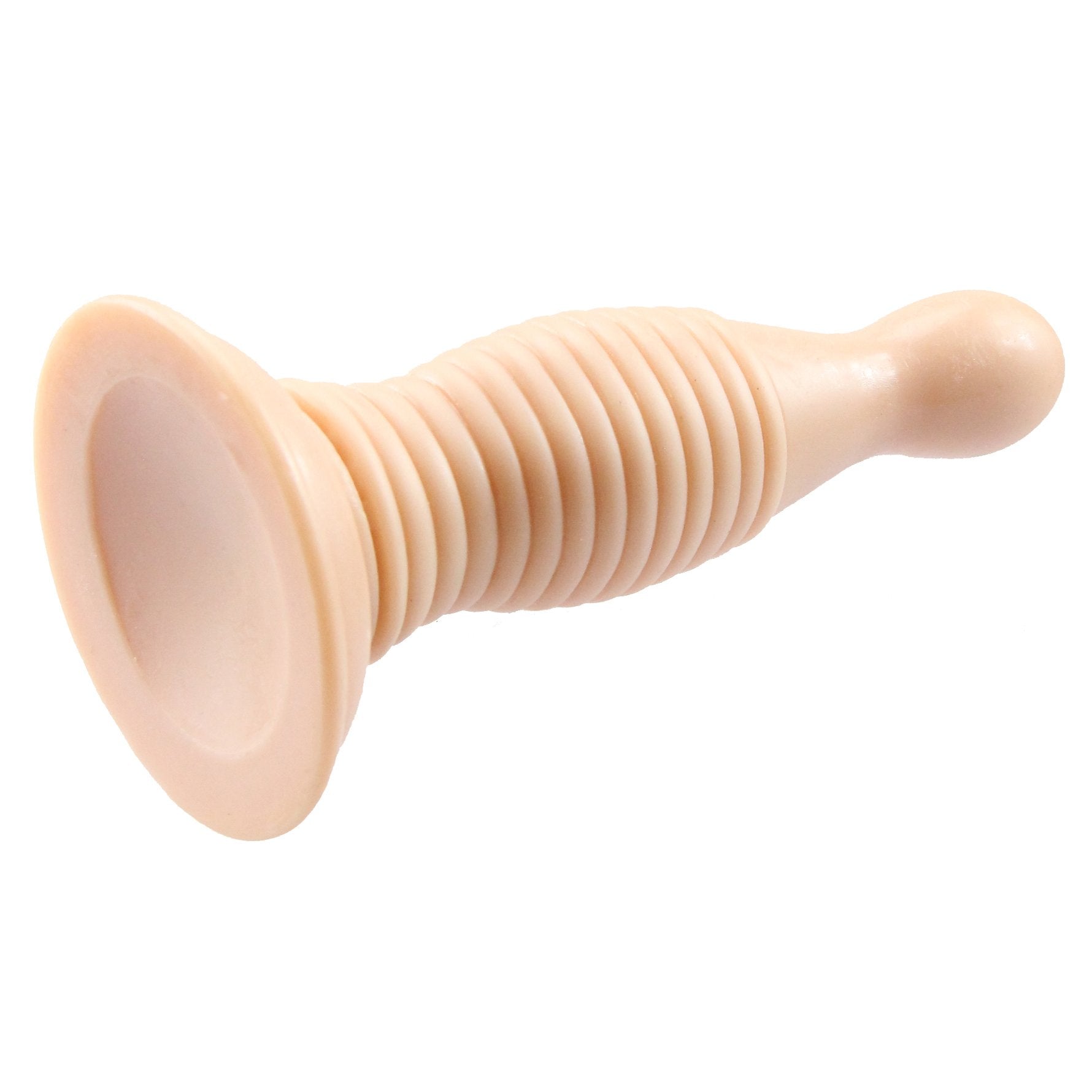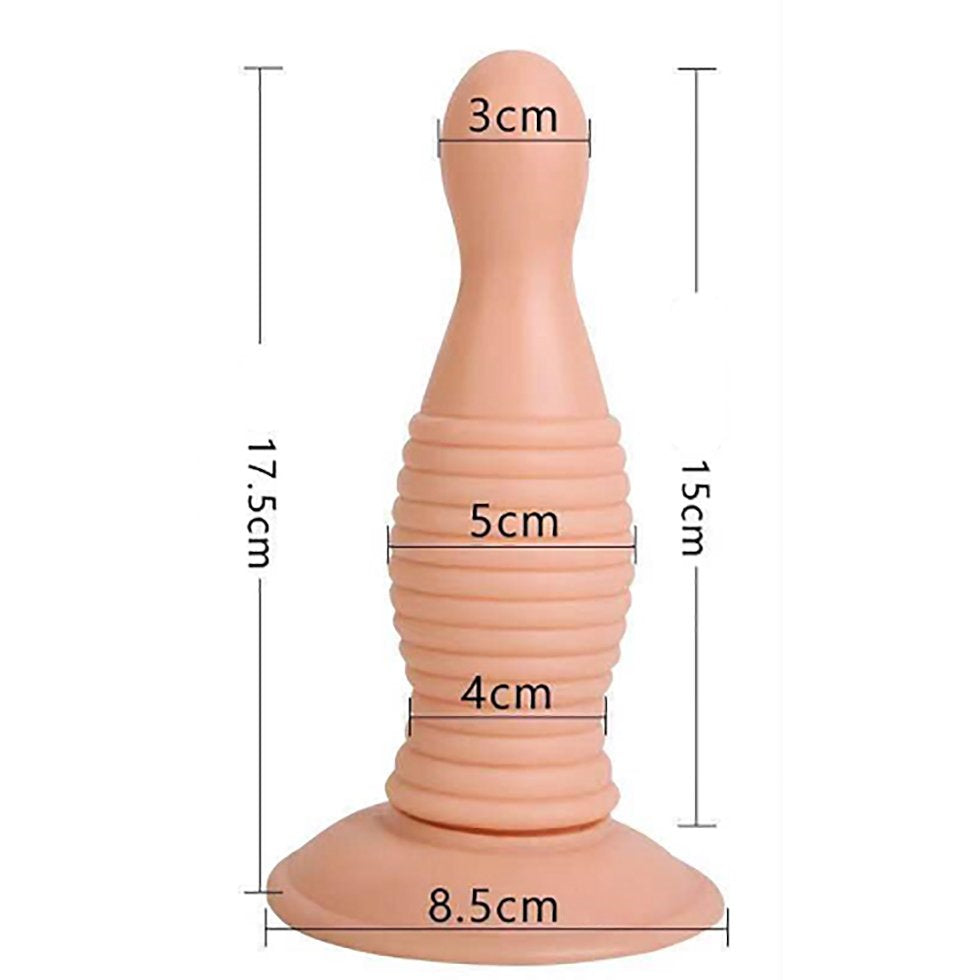Bedcandy Australia
Coil Flexible Anal Butt Plug PLU-044-FL
Coil Flexible Anal Butt Plug PLU-044-FL
Couldn't load pickup availability
Bedcandy brings you Coil Flexible Anal butt plug. This Tpe/Tpr butt plug is a more advanced style to play with, starting at 3cm from the top and increasing to 5cm in the middle and back down to 4cm at the bottom, you can enjoy each increase in pleasure during anal play whilst being able to move around with it's flexible coil functionality with this affordable anal butt plug.
With the extra bonus of this butt plug have an amazing suction cup at its base, that also can be used to fit in a strap-on harness, it makes it a very versatile and pleasure addition to your sex toy collection.
We called this anal butt plug "Coil" due to it's flexible "Coil" functionality.
- Material: TPE/TPR
- Phthalates Free: YES
- Water proof: YES
- Overall Length: 175mm
- Insertable Length: 150mm
- Girth Diameter: Varies, 30mm, 50mm, 40mm
- Base Diameter: 85mm
- Suction Cup: YES
- Strap-on Harness Compatible: YES
What is TPE/TPR?
TPE is a thermoplastic elastomer, TPR is referred to as thermoplastic rubber, in a sense, TPR is also TPE. Silicone is a highly active adsorbent material, which belongs to amorphous material. ... TPR is more weatherability than silicone, and the temperature resistance, strength and elasticity are better than silicone.
Is TPE/TPR Safe?
TPR is a great choice because it doesn't require the use of BPA and is made without PVC (and thus phthalates). ... Silicone and TPR are both usually BPA-free, because they simply don't require the use of a hardening/strengthening agent like polycarbonate plastic does.
Is TPE/TPR Environmentally Friendly?
TPE is an eco-friendly foam material, made from non-toxic recycled biodegradable plastics. TPEs are versatile compounds that replace rubbers and PVC during the manufacturing process, making them safe for human health and our environment.
Is TPE Carcinogenic?
The material is mainly a blend of thermoplastic rubber and other auxiliary materials. (1) It is non-toxic and environmentally friendly, does not contain carcinogenic substances such as nitrite and heavy metals, and can be recycled to achieve food sanitation standards.
Share
